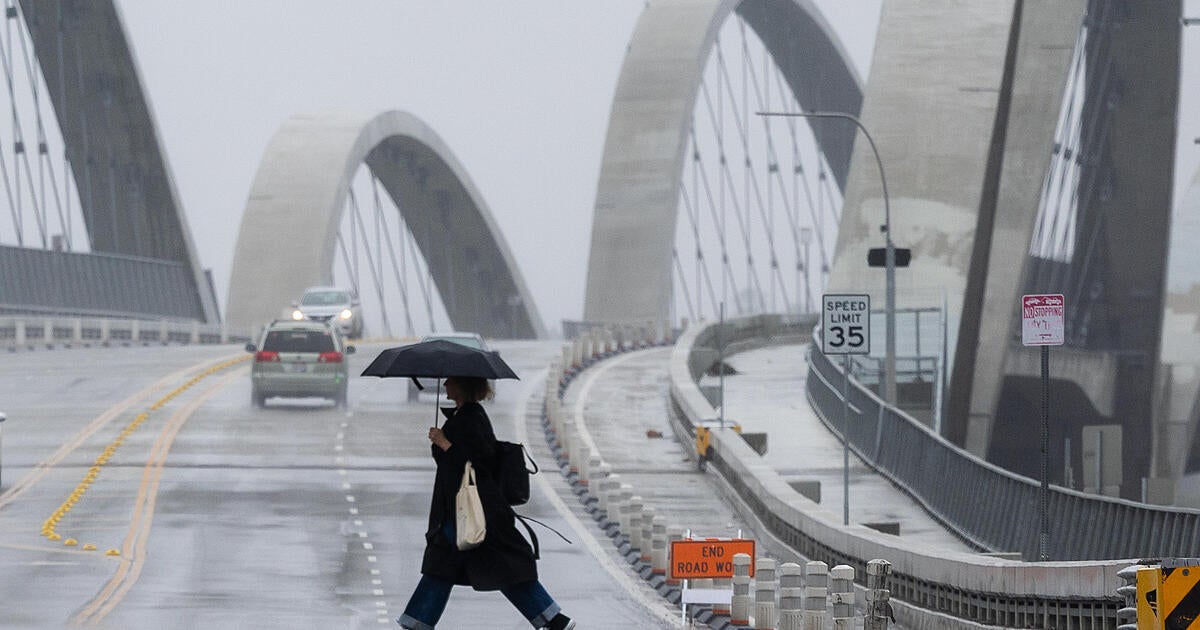Guide To Summer Reading: D-Day Plus 70
Few, if any of you were alive 70 years ago this week to hear the static filled radio broadcasts, describing one of the world's most dramatic events. It was a massive Allied invasion on the French coast that began the long march to Berlin and the liberation of Europe. It was D-Day. I was nine. The voices of Franklin Roosevelt and Winston Churchill are still clear in my memory bank, so is the music and the vision of air raid drills, blue and gold stars in windows and uniforms, everywhere. Books beyond count have been written about World War II - it's cause, execution and effect. For the curious, compiling some intriguing summer reading, here are my go-to volumes. – Jay Lloyd
THE LAST LION - DEFENDER OF THE REALM
William Manchester & Paul Reid
There is little doubt that the pivotal character, warning of Adolph Hitler's Nazi Germany and then leading Britain through its darkest days, while forging an alliance for war was Winston Spencer Churchill. The story of Britain's near death experience and Churchill's tireless efforts to bring an isolationist leaning America into the war is told in gripping detail by 2 seasoned historians. In a narrative that reads like a novel, Manchester and Reid probe the relationship of the men who most framed the 20th century, Churchill, Roosevelt, Charles de Gaulle and Joseph Stalin. Each had their own political and moral concerns and priorities which often clashed. When playing out on a world stage their differences prompted Churchill to remark, "There is only one thing worse than fighting with allies, and that is fighting without them."
ALLIES - PEARL HARBOR TO D-DAY
John Eisenhower
The historian son of General Dwight David Eisenhower, the man who would lead the allied forces in Europe was in a unique position to watch the events unfold as allies made significant compromises to reach one singular goal - defeat Nazi Germany while at the same time pursuing war in the Pacific. John Eisenhower reveals the uneasy relationship among commanders that often reflected differences at the political summit. But once the D-Day invasion was launched, Eisenhower told me during a KYW-Newsradio interview to mark the 40th anniversary that his father felt powerless. The battle was now in the hands of his field commanders, on the ground. But a key element of the narrative is the path, taken by Dwight Eisenhower to navigate the often conflicting demands of the political leadership.
WARLORD
Carlo D'Este
Again Churchill takes center stage. But in this unique rendering of the Churchill story, Carlo D'Este traces the wartime Prime Minister's own military background from the Boer War to action in the Sudan, on the battlefields of World War I and as First Lord of the Admiralty, the British counterpart to our Secretary of the Navy. D'Este considers how Churchill's military experiences influenced his political decisions and shaped his troubling tendency to put himself in harm's way under bombardment, in the air, on the battlefield and at sea. He was doing all this while chain smoking cigars and drinking impressive amounts of brandy, making brilliant speeches, carrying on non-stop diplomacy and trying to lead his country through a devastating war.
THE RISE AND FALL OF THE THIRD REICH
William Shirer
Since it was first published in 1959, Rise and Fall has been considered the most significant one-volume history of events leading up to and through World War II in Europe. William Shirer was already in Berlin reporting for news wire services and the Chicago Tribune, when hired by CBS. His radio broadcasts from Europe leading up to and during the war were nightly moments of insight for millions of American listeners. Rise and Fall focuses attention on Adolph Hitler himself and the political and economic conditions that allowed his rise to power. Shirer sheds light on the inner workings of Hitler's diplomatic deception, his iron grip on a pliable nation, his anti-semitism and erratic meddling in German military tactics that among other things paved the way for allied success on D-Day, 70 years ago.
BLOODY WINTER
John M. Waters (Capt. USCG)
Bloody Winter is the story of American and Canadian efforts to keep open a reliable supply line to battle ravaged British and European ports. Without the tanks, guns, planes and food stores, the war would be lost. But the convoys carrying supplies were forced to run a gauntlet of German U-Boats that claimed a heavy toll. This is the story of the convoy escorts - the American and Canadian Cutters, Destroyer Escorts and Corvettes, assigned to protect the vital cargo. During the height of the Atlantic battle, author John (Muddy)Waters was a young officer aboard an escort cutter. I have a bias toward his book. After the war, he became a pilot, and I flew as his radio operator. Our crew would occasionally hear stories of that "Bloody Winter" as German U-Boats were picking apart the allied convoys. The book offers a rare view of the vulnerable merchant fleet from the battle stations and bridges of the ships, charged with their protection. It's a narrative that has served as a source for subsequent volumes on the eventual defeat of Hitler's deadly submarine armada.
All of these books are available, either new or from used book dealers. All can be found at on-line book sites and some are available in electronic versions. If you have to pick one, I'd go with The Last Lion-Defender of the Realm (The third volume in the Churchill saga).







